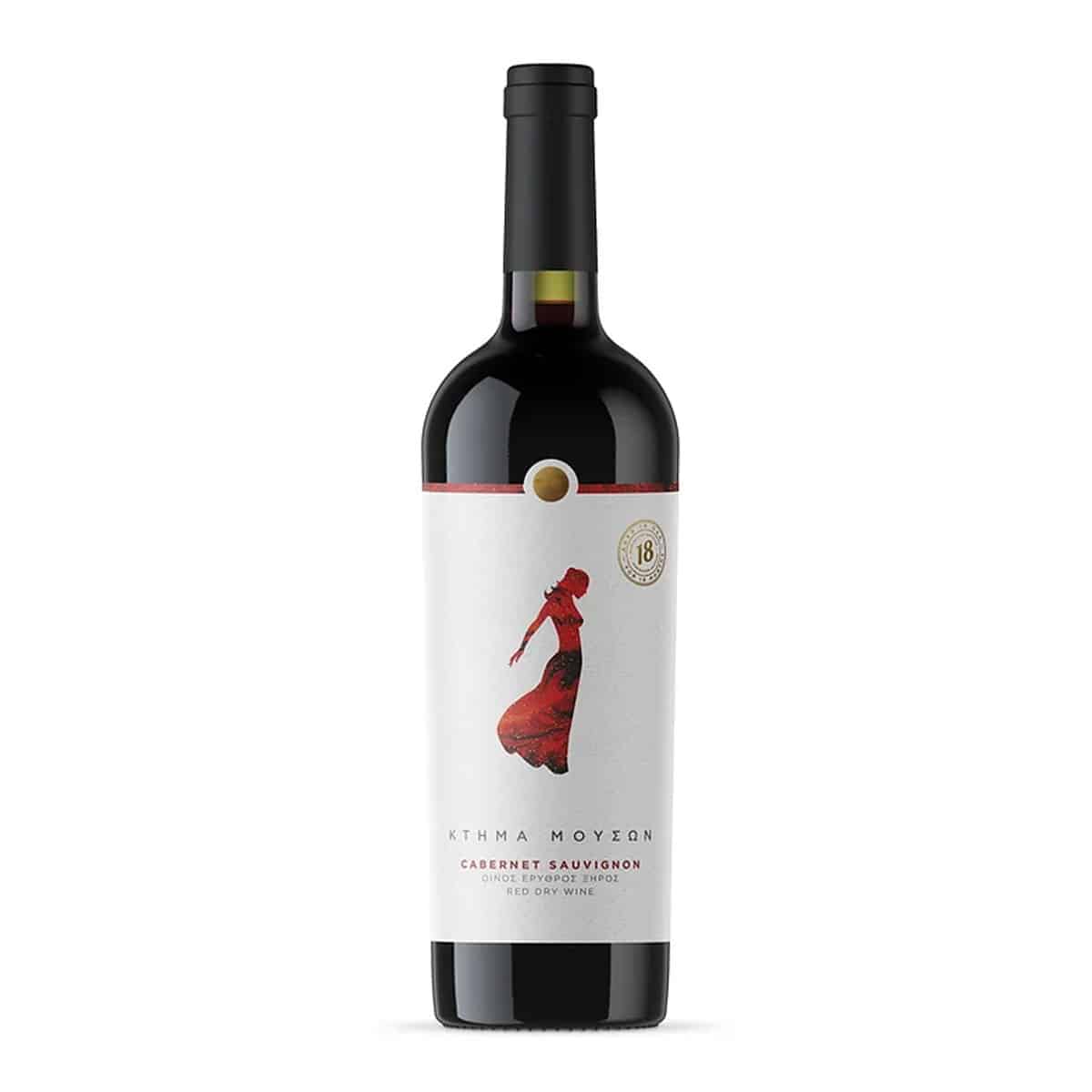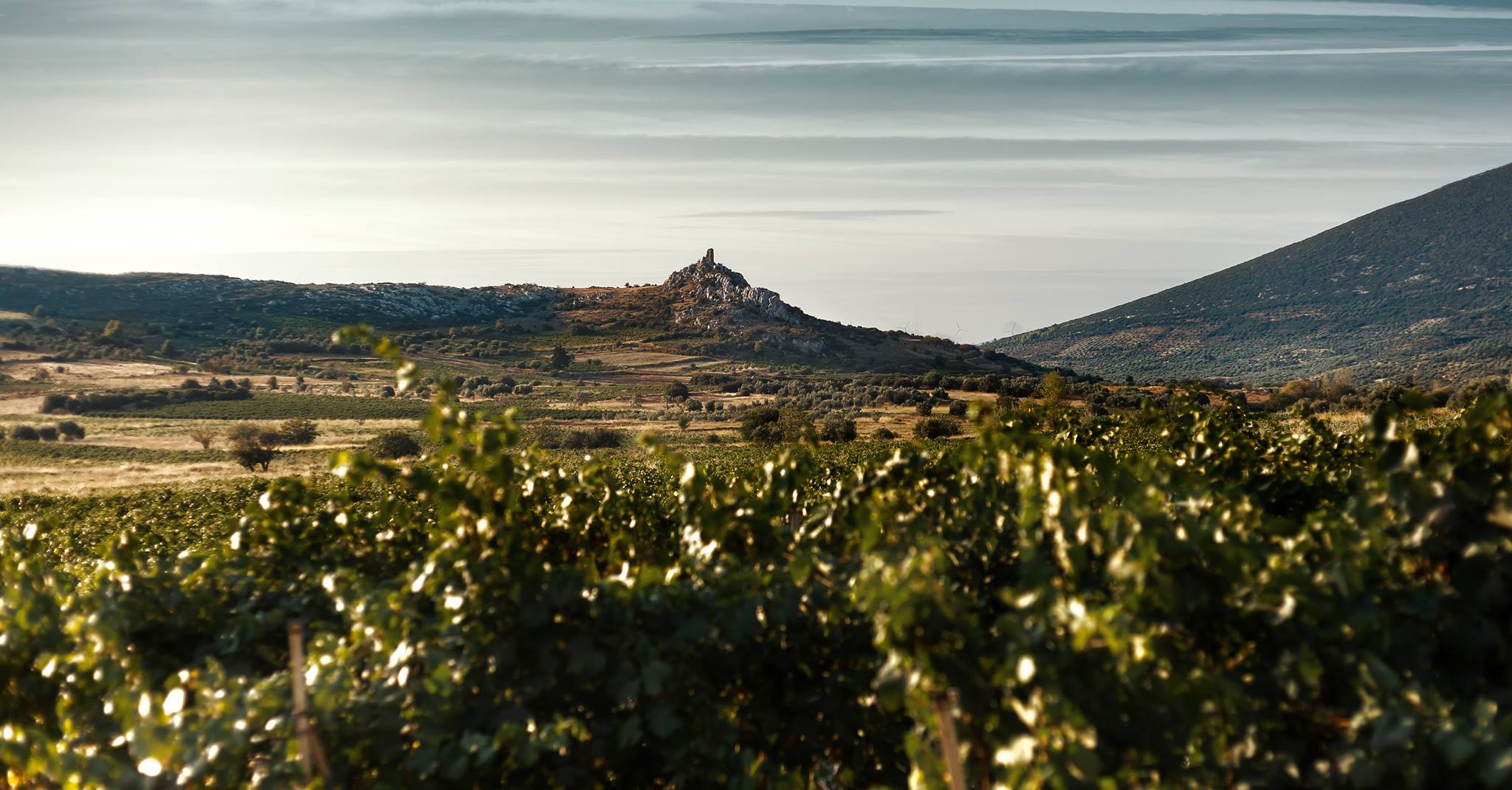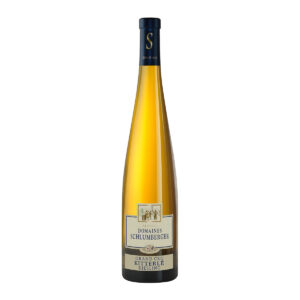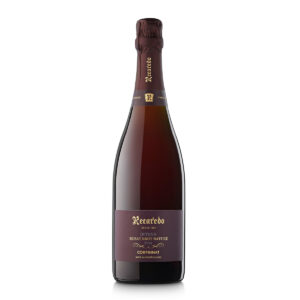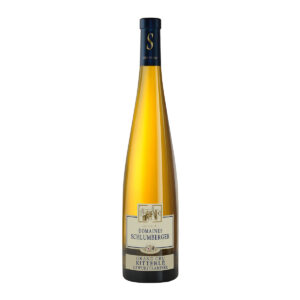His deep love for wine and the millennia-old winemaking tradition of his homeland led Nikolaos Zaharias to found a small winemaking facility in 1946 and fulfill his life-long dream. At that time, in a village of about 1.500 inhabitants, 7 winemaking units were in operation.
In 1967, his son, Athanasios Zaharias, entered the family business and gave it a new impulse by implementing dynamic and forward-looking ideas. With his contribution, the small artisanal winery was gradually transformed into a modern winemaking unit. New vines were planted, in 1973 a new wine press was purchased, and in 1987, during a thorough renovation, the first bottling machine was added to the equipment.
In 2005, the year when “Muses Estate” was created, it was time for Nikos, Stelios and Panayiotis, the third generation, to take their place in the family business. Their skills, scientific knowledge and youthful ideas combined with the family tradition and experience helped Muses Estate to make a step further into the 21st century.
Their pride is Mouhtaro, one of the rarest Greek red grape varieties, which is found exclusively in the Valley of the Muses and has a special place in our vineyards and in the history of the Muses Estate. This is because this varietal still exists thanks to the efforts of Nicolaos and Athanasios Zaharias, who insisted on cultivating Mouhtaro vines when all the other growers were replacing it with better yielding varieties. Because, Mouhtaro gives low yields, a feature that at that time it was considered as negative, but now it is seen as one of the quality factors of a grape. Wines made from Mouhtaro have a complex aromatic character composed of fruity, vegetal and botanical aromas. In the mouth they show soft, silky tannins and a pronounced acidity, which offers them the possibility to age for many years and acquire further complexity and concentration. In Muses Estate we have great trust in the potential of Mouhtaro and of the other indigenous grapes. Our focus will always be on these varieties because we believe that only they can reflect the climate and the soil of the Greek vineyard and the passion of the people producing quality Greek wine.

